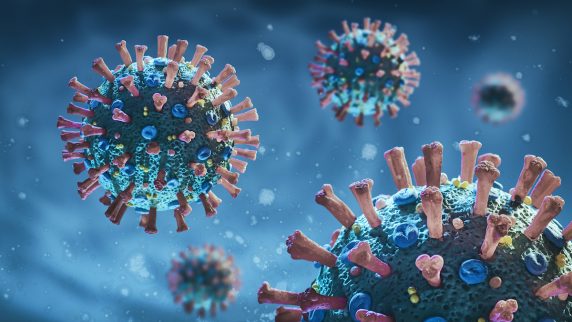As the COVID-19 pandemic continues, studies have been revealing surprising complications as a result of the virus.
A recent study indicates that more than 30 percent of patients hospitalized with COVID-19 develop kidney disease – even individuals with no prior history of kidney problems.
Hartford HealthCare’s Jocelyn Maminta recently spoke with nephrologist Sarah Khan, MD, of Soundview Medical Associates in Norwalk, part of Hartford HealthCare Medical Group, about this startling statistic and how to protect yourself.
“About 15 to 30 percent of patients that are admitted with COVID do develop some degree of kidney damage,” Dr. Khan said. “About 10 percent of them have damage to the point where they end up needing dialysis.”
Underlying chronic health conditions such as diabetes, hypertension and obesity predispose an individual to have a severe COVID infection, and also contribute to kidney damage from COVID.
“We see that mostly in people that are much younger,” Khan said. “When they have severe COVID infections, a surge of the inflammatory response of the body, the cytokine release, triggers a whole cascade of events.”
Kidneys can recover after a severe case of COVID, but it depends on several factors.
“It depends on the age of the patient, how young they are, and what else is happening such as if they need dialysis,” Dr. Khan explained. “The longer somebody stays on dialysis, if they are not making any urine, if their blood pressure remains low for a long time, if they’re in the ICU on a mechanical ventilator – those are all factors which decrease your odds of recovery.”
Dr. Khan says individuals can protect themselves from severe COVID infections and resulting complications, such as kidney damage, by seeing their primary care provider annually for routine blood work to catch preventable conditions such as diabetes, hypertension and kidney disease early.
“Being vaccinated against COVID-19 certainly offers protection against severe COVID infection and therefore, reduces the risk of complications from severe COVID, including acute kidney damage,” Dr. Khan added.



